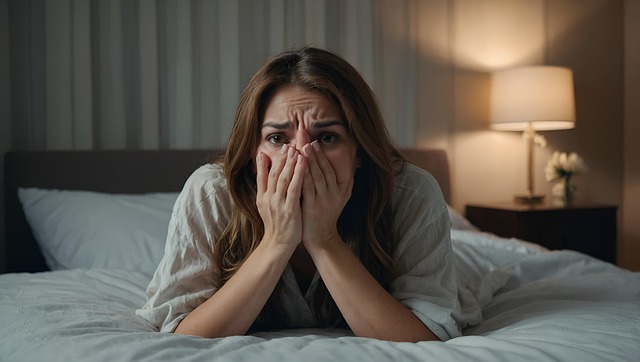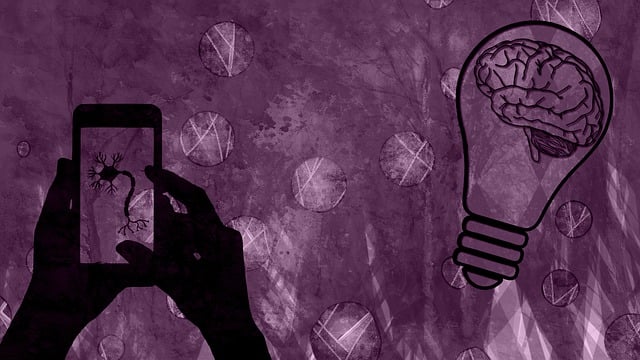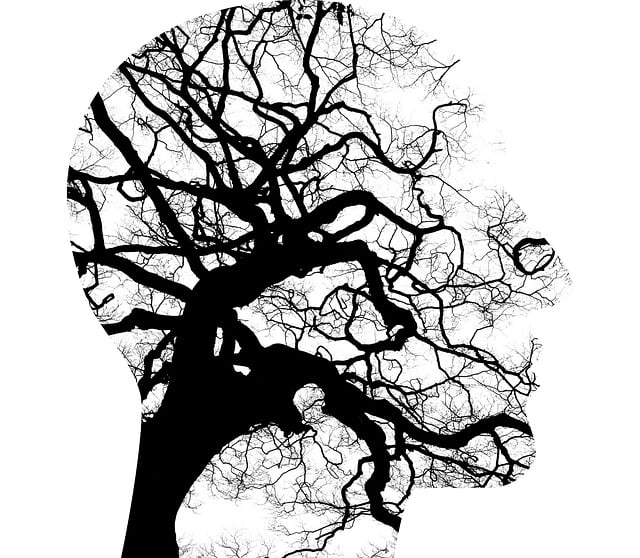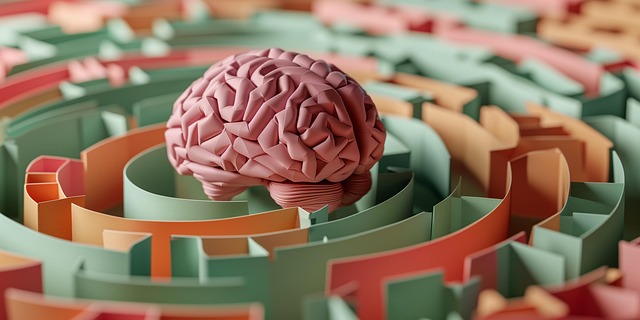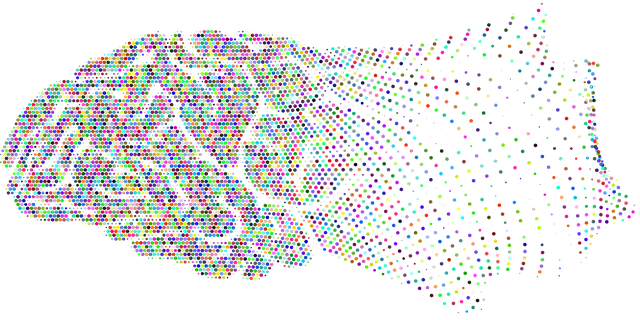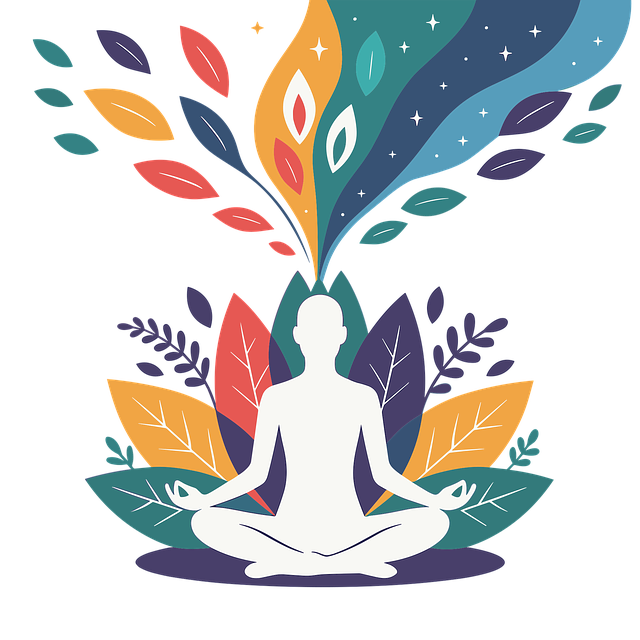Self-care is a proactive approach to maintaining physical, mental, and emotional well-being in today's stressful world. Regular mindfulness and self-awareness exercises serve as therapy, aiding in managing anxiety and depression. For professionals, integrating compassion cultivation enhances personal growth, client interactions, and work-life balance. Understanding personal self-care needs through reflection and identifying stressors is vital for enhancing overall well-being. Therapy sessions for Independent Medical Evaluations (IMEs) provide safe spaces to explore challenges, gain emotional insights, and develop tailored self-care practices, improving self-esteem, coping mechanisms, and stress management strategies. Effective self-care practices like exercise, mindfulness, adequate sleep, and hobbies foster resilience and long-term psychological fortitude. Professional therapy, combined with IMEs, promotes personalized self-care routines, cultural sensitivity, and mental health policy advocacy, addressing unique needs and empowering individuals for healthier lives.
Self-care is an essential aspect of maintaining and enhancing mental well-being. In this article, we explore the transformative power of self-care practices and their profound impact on our overall health. From understanding the concept to identifying personal needs through independent medical evaluations, we delve into practical strategies. We discuss effective techniques to incorporate self-care into daily routines, highlighting the value of professional therapy for personalized guidance. Discover how these steps can lead to a healthier, more balanced lifestyle.
- Understanding Self-Care and Its Impact on Mental Well-being
- Identifying Personal Self-Care Needs for Independent Evaluations
- Implementing Effective Self-Care Practices in Daily Life
- The Role of Professional Therapy in Enhancing Self-Care Routines
Understanding Self-Care and Its Impact on Mental Well-being

Self-care is a fundamental practice that involves proactively nurturing and supporting one’s physical, mental, and emotional well-being. It’s not just about taking breaks or indulging in leisure activities; it’s a conscious effort to maintain balance and prevent burnout. In today’s fast-paced world, where stress and pressure are prevalent, understanding the impact of self-care on mental well-being is crucial. Regular self-care practices can act as a form of therapy, helping individuals manage anxiety, depression, and other mental health challenges effectively.
For mental health professionals, integrating compassion cultivation practices, such as mindfulness and self-awareness exercises, into their routines is essential for personal growth and enhanced client interactions. This not only improves their ability to provide support but also ensures they maintain a healthy work-life balance. Additionally, risk management planning becomes more feasible when professionals prioritize self-care, enabling them to handle stressful situations with resilience and poise during independent medical evaluations or other professional duties.
Identifying Personal Self-Care Needs for Independent Evaluations

Understanding your personal self-care needs is a crucial step in improving overall well-being. This involves taking time to reflect and evaluate what nurtures and supports you, as well as what causes stress or triggers unfavourable mental health outcomes. Independent medical evaluations, including therapy sessions, can play a significant role in this process. These assessments provide an opportunity for individuals to gain valuable insights into their emotional and psychological state, enabling them to identify specific self-care practices that cater to their unique needs.
Therapy offers a safe space for exploring personal challenges, fostering mental health awareness, and implementing crisis intervention guidance when needed. By engaging in therapy for independent medical evaluations, individuals can improve their self-esteem, enhance coping mechanisms, and develop strategies to manage stress effectively. This proactive approach to self-care is essential for maintaining overall balance and promoting a healthier lifestyle.
Implementing Effective Self-Care Practices in Daily Life

Implementing effective self-care practices in daily life is a powerful tool for enhancing mental health and overall well-being. It involves a proactive approach where individuals take charge of their emotional, physical, and psychological needs. A structured self-care routine can include various activities such as regular exercise, mindfulness meditation, adequate sleep, and engaging in hobbies or creative pursuits. These practices not only provide temporary relief from stress but also foster resilience and long-term mental fortitude.
Therapy and independent medical evaluations play a crucial role in this process, offering guidance on tailored coping skills development. By combining professional insights with personal initiative, individuals can create a comprehensive self-care strategy. This strategy should be flexible and adapted to suit individual needs and preferences, ensuring that communication strategies are employed to express feelings and manage relationships effectively. Through consistent practice, one can achieve better mental health by addressing underlying issues and developing healthy coping mechanisms.
The Role of Professional Therapy in Enhancing Self-Care Routines

Professional therapy plays a pivotal role in enhancing self-care routines, offering individuals tailored support to navigate life’s challenges. Through independent medical evaluations, therapists assess unique needs and create personalized treatment plans focusing on mental health policy analysis and advocacy. This holistic approach not only addresses specific issues but also fosters self-awareness and equips clients with effective stress reduction methods.
Cultural sensitivity in mental healthcare practice is a key aspect integrated into therapy sessions. By understanding individual backgrounds and perspectives, therapists can tailor interventions that resonate with diverse populations, promoting inclusive care. This comprehensive strategy ensures that self-care practices are not just effective but also culturally sensitive, addressing underlying issues while empowering individuals to lead healthier lives.
Self-care is a powerful tool for navigating life’s challenges and fostering mental well-being. By understanding our unique needs, identifying personal practices, and incorporating them into daily routines, we can significantly enhance our overall health. The article has explored various strategies, from independent evaluations to professional therapy, all aimed at improving self-care. Integrating these techniques allows individuals to take control of their mental health, creating a more balanced and fulfilling life. With the right approach, self-care becomes a sustainable journey towards personal growth and resilience.

